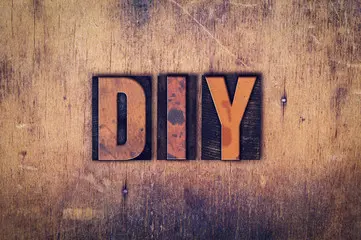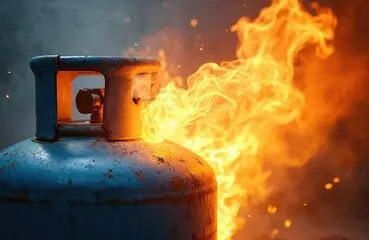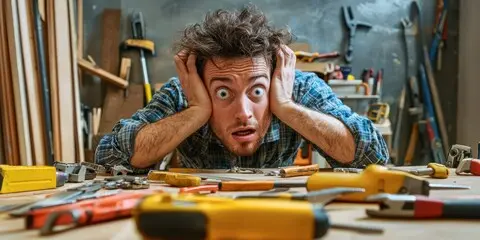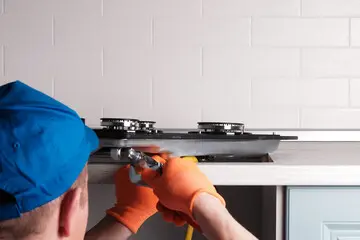The "DIY" Temptation
South Africans are champions of the "fix it myself" mindset – and for many things, that's great!
But when it comes to LP Gas, a spanner and YouTube video won't cut it.
Gas work is classified as specialised and regulated, meaning only SAQCC Gas-registered installers are legally allowed to install, move, or modify any fixed gas system.


Why DIY Gas Work Is Dangerous
- Invisible Risks – LP Gas leaks are silent and often odourless until too late.
- Incorrect Pressure or Fittings – Even a small mismatch can cause leaks or explosions.
- No CoC – Without a Certificate of Compliance, your insurance is void and your system is illegal.
- Fire Hazard – A bad connection can turn your kitchen or braai into a fireball.
- Legal Trouble – You could face fines or criminal charges under the Occupational Health and Safety Act.
The Real Cos of "Saving Money"
A DIY job might save you R500 today, but an unqualified mistake could cost you your home or your safety tomorrow.
Insurance companies won't pay a cent if your gas system isn't certified with a valid CoC issued by a SAQCC-registered professional.


What Professionals Do Differently
At Gas Mart Vaal, every installation includes:
- Pressure and leak testing
- Correct safety distances per SANS 10087-1
- SABS-approved materials
- Full Certificate of Compliance (CoC)
- Education on how to use your gas safely
Don't risk it – fix it the right way! Call Gas Mart Vaal today for expert gas installations and inspections.
Because saving money is great – but saving lives is priceless!
References:
- LPGSA Regulations and Compliance
- SAQCC Gas – Registered Practitioners
- SANS 100087-1 LP Gas Standards